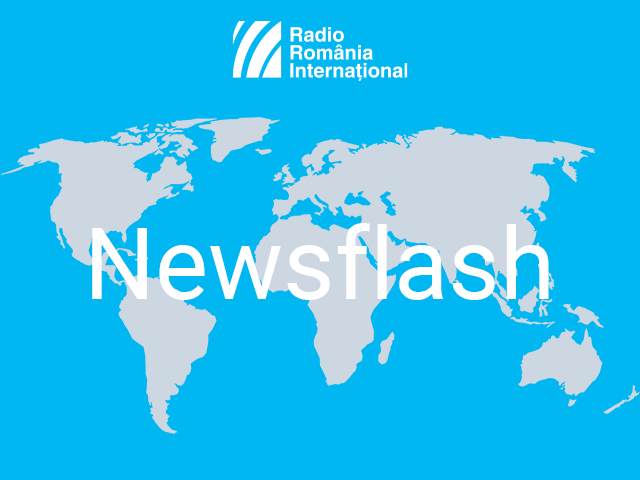February 22, 2022 UPDATE
A roundup of local and foreign news.

Newsroom, 22.02.2022, 20:41
UKRAINE – Russia’s decision to recognize the two breakaway regions in eastern Ukraine erodes efforts to find a peaceful solution to the conflict and the current crisis has been created by Russia alone, NATO Secretary General Jens Stoltenberg said on Tuesday evening. According to Stoltenberg, everything indicates that Russia continues to plan a full-scale invasion of Ukraine. Calling this “the most dangerous moment in European security for a generation,” the NATO Secretary General said that Europe and North America continue to stand strong together in NATO, committed to defend and protect each other. Russian President Vladimir Putin said in a news conference that Russia is firmly against Ukraine’s joining NATO and demanded that the country should withdraw its NATO membership application. Previously, Russia’s upper house of parliament voted in favor of giving Putin authority to send troops to support the separatists in Donetsk and Luhansk. Ukrainian President Volodymyr Zelensky addressed the nation on Tuesday, denouncing the violation Ukraine’s sovereignty and territorial integrity after Moscow recognized the independence of the two separatist “republics”, in the east of the country. Zelensky also said he is expecting clear and effective steps to be taken by the Western allies against Russia. At the end of a meeting of the EU foreign ministers, the head of European diplomacy, Joseph Borell said that the risk of conflict is real and announced the adoption of a first set of tough sanctions against Moscow, following Russias recognition of the self-proclaimed peoples republics of Donetsk and Luhansk, in eastern Ukraine. The OSCE has reiterated its support for Kiev at a meeting of its representatives held in Vienna.
REACTIONS – Romanian President, Klaus Iohannis, has condemned the blatant violation of international law by Russia, which recognized the independence of the separatist republics of Donetsk and Luhansk in eastern Ukraine, saying this move should receive a very harsh response from the international community. In turn, the Bucharest Government condemns any attempt at undermining the territorial integrity of Ukraine, and emphasizes the fact that undermining the statehood of a UN member state is a revisionist approach, a threat to peace in Europe and the whole world. Prime Minister Nicolae Ciucă said Romania can take in a large number of refugees from Ukraine. He also said there are no repatriation requests yet from any of the approximately 400,000 Romanians living in the neighboring Ukraine. Russias move was also criticized by political leaders in Bucharest. In another development, the Romanian Foreign Ministry has raised the alert level to high, urging Romanians in Ukraine to leave the country immediately in the context of a serious deterioration of the security situation in that country and in the Black Sea region and of the recognition, by the Russian President Vladimir Putin, of the independence of the breakaway regions of Donetsk and Luhansk.
VACCINES – The EU member states agreed on Tuesday to open their borders for travelers from outside the Union who are vaccinated with one of the shots authorized by the World Health Organisation (WHO), Reuters reports. Thus, starting March 1st, travelers immunized with shots produced in India and China can also enter the EU. The EU has so far authorized vaccines produced by Pfizer, Moderna, AstraZeneca, Johnson & Johnson and Novavax. Until now, most EU countries have not admitted people from outside the bloc travelling for non-essential reasons if they have been vaccinated with shots not approved in the EU.
SRI – Romania’s security situation from the perspective offered by the legal attributions of the Romanian Intelligence Service (SRI) is stable, said Cristian Chirtes, chairman of the Joint Standing Committee of the Chamber of Deputies and the Senate for the exercise of parliamentary control over the activity of the Romanian Intelligence Service (SRI). This is the main conclusion of the Committee’s meeting, which was also attended by the head of the Romanian Intelligence Service, Eduard Hellvig. The meeting focused on the presentation of Romania’s security situation from the perspective of the attributions that the SRI has inside the country’s borders and in the context of tensions in the region. (EE)




























